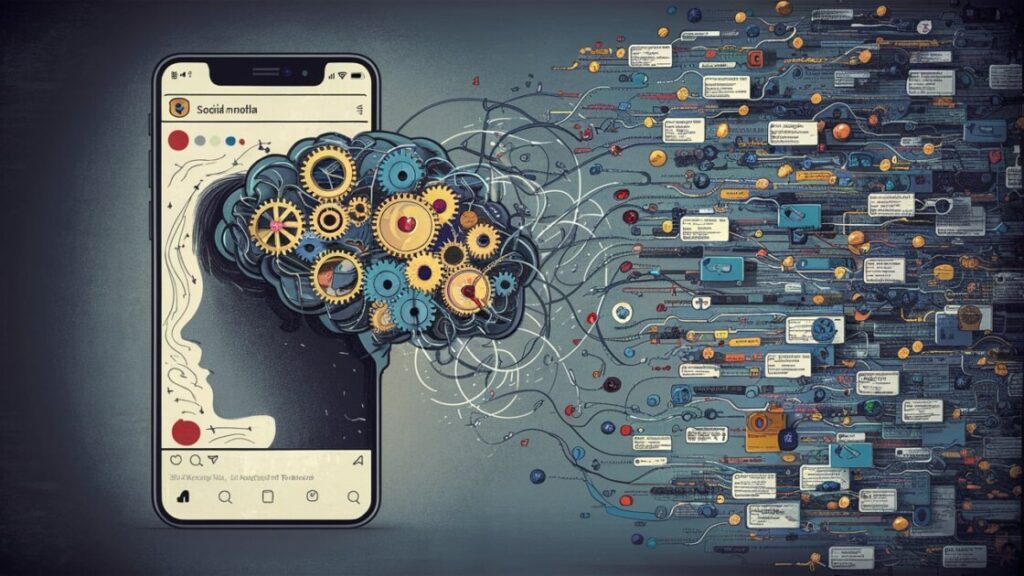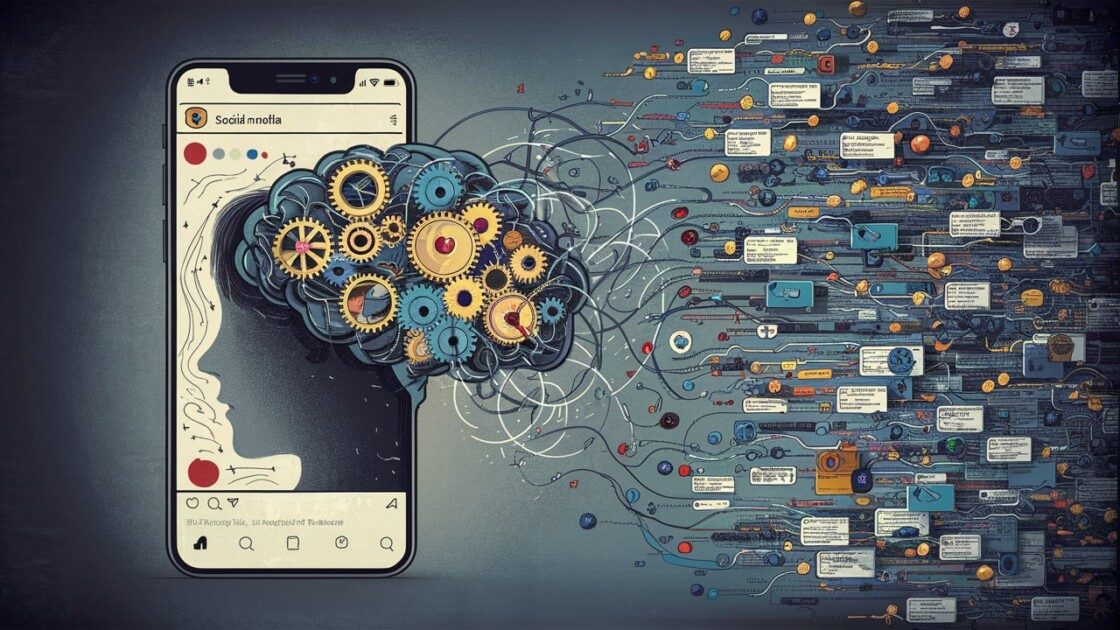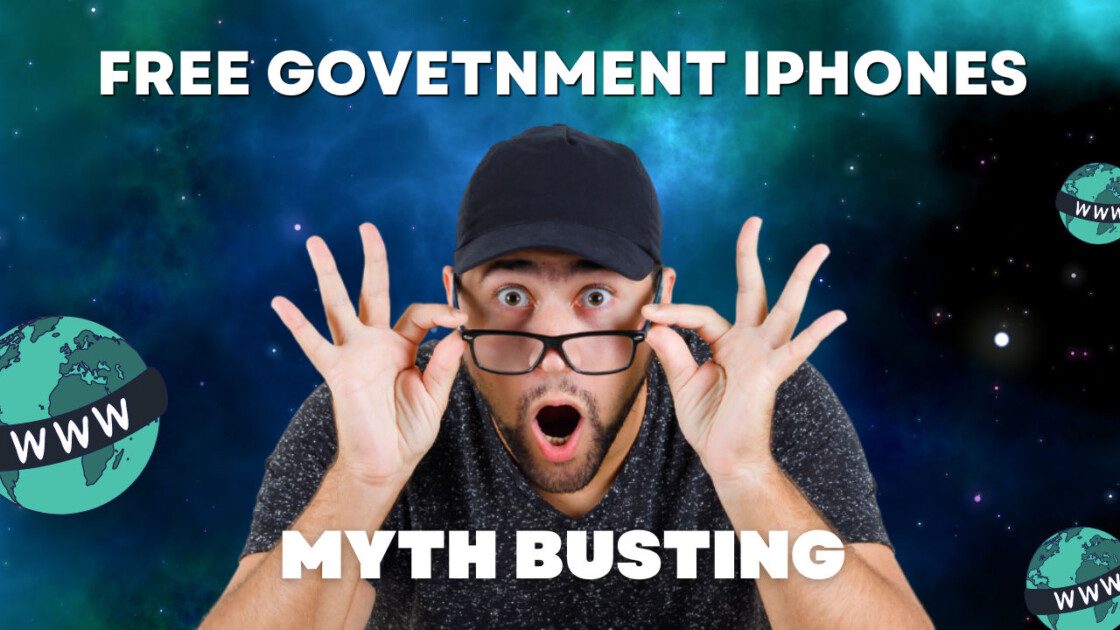Social media is an integral part of our lives in the digital age. Whether it is to keep in touch with friends and family, catch up with the latest international news, or just kill time, these platforms have an abundance of purposes that keep us hooked on our screens.
What many of us may not realize, however, is that the hassle-free experience can be attributed to the multitude of algorithms working their magic behind the scenes, drastically shaping our behaviors. The blog post talks about the deep effect of social media algorithms on the behavior of a user of the internet, what exactly they are, and how they shape our lives every single day.

How Social Media Algorithms Work
At the center of each social media platform rests an algorithm — a collection of rules and calculations created to tailor and enhance the content we encounter. The algorithms mostly use the best fiber internet connectivity that is designed to be addictive by guessing which content will get users to stick around longer.
It uses a wide range of data points ranging from behavior to what things you like, and share, to the amount of time you spend on particular posts. This includes (but is not limited to) prioritizing posts from friends and family on Facebook, trending topics and tweets on Twitter, etc. Instagram takes this a step further by showing photos in your News Feed based on the likelihood you’ll be interested in the content, your relationship with the person posting, and the timeliness of the post. Live Stories are all about making your social media consumption more fun and cater to your needs, but they also have unintended consequences.
One of the most significant ways social media algorithms influence behavior is the echo chamber effect. An echo chamber is defined as a situation in which information, ideas, or beliefs are amplified or reinforced by being repeated or circulated within a closed system of communication in which personal bias and messaging only the people within your pen are echoed back to you; hence you see only an echo of yourself and your beliefs.
This leads to everyone receiving more content that reinforces their existing beliefs and interests, hence the feedback loop. The algorithm will show people similar content if it knows they often participate in posts about a certain political ideology. Such a habit will eventually lead to a biased worldview, as you will not encounter much of opposition. Such reinforcement can deepen divisions and foster a more polarized public opinion.
Social media was built off of The Dopamine Loop
Social media apps are structured to be addictive. The more you use it, the more primed its algorithms become to hack into your brain’s reward system — especially the dopamine, that neurotransmitter is released when your brain identifies rewards. That little dopamine release is when every person likes, shares, or comments on a piece of content. gratification.
Once on this dopamine loop, users are encouraged to return. Anticipating the social validation of likes and comments can be a strong reinforcement schedule that enhances screen time and engagement. But the thing is, constantly seeking the approval of others causes detrimental damage to mental health and has been linked with anxiety, depression, or lower self-esteem.
Filter Bubbles
Filter bubbles go hand in hand with echo chambers. Filter Bubbles: Filter bubbles are the outcome of personalized algorithms that filter away everything that does not match the user’s likely liking. Echo chambers involve the repetition of beliefs, and filter bubbles relate to the filtration of various things. As an example, if a user is always performing actions around fitness and wellness content, news, events, culture, and scientific discoveries would be filtered out in the feed by the algorithm. By narrowing the scope of content, we only allow students to see more specific kinds of information, and it could potentially limit intellectual and critical thought.
Manipulating Trends

Trends are also heavily manipulated by social media algorithms to shape what is talked about and the nature of that conversation. The algorithms that determine what content goes viral can amplify some messages and suppress others. Such power can be used for good and for evil. This means that algorithms can also focus on essential social initiatives. For instance, the #MeToo campaign, which is used to speak up against sexual harassment and assault, got a bigger following using social media. The downside is that sensationalist and emotional content tends to rank higher on these algorithms, which, in many cases, pushes out misinformation and fake news.
Behavioral Nudging
Algorithms not only passively curate content, but they also Nudge (modify) the behavior of users. Behavioral nudging involves guiding users to take action or make decisions, albeit in a subtle way. Some will use notifications, others personalized recommendations or an autoplay feature. YouTube’s autoplay feature, for example, stimulates user engagement by playing the next video according to their viewing history. Netflix uses a recommendation algorithm to provide its users with personalized shows and movies that lead to longer watching sessions. Although beneficial to user experience, these nudges can also give rise to ethical concerns surrounding manipulation and autonomy.
Mental Health Costs
The impact of social media algorithms on mental health could not be higher. All of this constant stream of pictures and the pressure to portray a meticulously edited version of yourself is not good for your mental health. Social media use is linked to higher levels of anxiety, depression, and loneliness, studies report. Social media comparison is a real thing, and it can work to make you feel inadequate and bad about yourself.
When we observe others’ lives as carefully curated and filtered snapshots, we can build unrealistic expectations or negative self-perceptions. In addition to that, FOMO (fear of missing out) from social media can cause distress and anxiety.
In conclusion, as social media algorithms have such a large effect on user behavior, the need for transparency and accountability is further increased. Users should have the right to know how their data is being used and how these algorithms dictate which content they see. More transparency may inform users and allow them to make choices in their online behavior that shield them from possible negative externalities of algorithmic influence. While some social media platforms are working in the right direction by giving more control to their users, Facebook, for example, allows you to prioritize or unfollow certain friends and pages, and Twitter has a “see latest tweets” option. Still, it is just one step along the way to establishing a truly ethical algorithmic practice.
As technology advances, social media algorithms are expected to keep up with the times. In the future, such algorithms will probably be based on more advanced artificial intelligence algorithms and even a bit of machine learning to make the personalization go to a much deeper level. Relatedly, this highlights the issues of privacy, ethics, and the tug-of-war between engagement and well-being. One future road that might be taken is the creation of algorithms that favor user wellness instead of user engagement. These kinds of algorithms that use cable internet service may help with fostering good online behaviors, such as engaging with a relatively wide array of online perspectives or limiting the spread of harmful content. Tech companies will need to work with policymakers and researchers to curate how algorithms are used ethically in social media.
Wrapping It Up

Social media algorithms have a big impact on consumer behavior – what we see, how we think, and how we engage with the world. While these algorithms improve the user experience by better content personalization, they also generate echo chambers, filter bubbles, and addictive patterns that can come with health and social problems. There are 2 ways users can diversify their usage experience, which is necessary to be aware of: In seeking diversity in perspectives, setting health boundaries, advocating for transparency, and calling for more accountability, we can act more mindfully in the digital landscape and reduce the detrimental effects of algorithmic influence.
Indeed, ethical algorithms should not only be the responsibility of tech companies, but also users, policymakers, and society on the whole. Further, we can work towards a more equitable, inclusive digital future where social media algorithms add value to our lives, not control it.
FAQs: The Influence of Social Media Algorithms on Internet User Behavior
1. What are social media algorithms?
Social media algorithms are sets of rules and calculations used by social media platforms to tailor and enhance the content users see based on their behaviors, preferences, and interactions.
2. How do social media algorithms influence user behavior?
Social media algorithms influence user behavior by curating content that aligns with users’ interests and preferences, creating echo chambers, encouraging addictive behaviors through dopamine loops, and nudging users toward certain actions with personalized recommendations.
3. What is the echo chamber effect?
The echo chamber effect occurs when social media algorithms reinforce users’ existing beliefs and interests by repeatedly showing them similar content, leading to a biased worldview and potentially deepening societal divisions.
4. How do social media algorithms create filter bubbles?
Filter bubbles are created when social media algorithms filter out content that does not match users’ preferences, limiting the diversity of information and perspectives they encounter.
5. Can social media algorithms affect mental health?
Yes, social media algorithms can negatively impact mental health by encouraging constant social validation, leading to anxiety, depression, and low self-esteem due to unrealistic comparisons and fear of missing out (FOMO).
6. How do social media platforms manipulate trends?
Social media platforms manipulate trends by using algorithms to amplify certain messages and suppress others, often favoring sensationalist and emotional content that attracts more engagement.
7. What is behavioral nudging in the context of social media?
Behavioral nudging involves subtly guiding users to take certain actions or make decisions through notifications, personalized recommendations, or autoplay features, influencing their engagement and behavior on the platform.
8. What are the ethical concerns surrounding social media algorithms?
Ethical concerns include the manipulation of user behavior, the creation of echo chambers and filter bubbles, privacy issues, and the impact on mental health. There is a need for transparency and accountability in how these algorithms operate.
9. How can users mitigate the negative effects of social media algorithms?
Users can mitigate negative effects by seeking diverse perspectives, setting healthy boundaries, advocating for transparency, and calling for more accountability from social media platforms.
10. What is the future of social media algorithms?
The future of social media algorithms likely involves more advanced AI and machine learning for deeper personalization. However, there is a growing emphasis on developing algorithms that prioritize user wellness over engagement, fostering a more ethical and inclusive digital environment.
11. How can tech companies and policymakers work together regarding social media algorithms?
Tech companies and policymakers can collaborate to ensure ethical use of social media algorithms by establishing regulations that promote transparency, user control, and accountability, protecting users’ well-being and privacy.
12. Why is transparency important in the use of social media algorithms?
Transparency is important because it allows users to understand how their data is used and how content is curated for them, enabling them to make informed decisions and protecting them from potential negative impacts of algorithmic influence.




![भारतीय मौसम विज्ञान विभाग (IMD): मौसम पूर्वानुमान, चेतावनी प्रणाली और जलवायु रिपोर्ट 2026 [पूर्ण जानकारी]](https://marathibanna.com/wp-content/uploads/2026/01/भारतीय-मौसम-विज्ञान-विभाग-IMD.webp)





